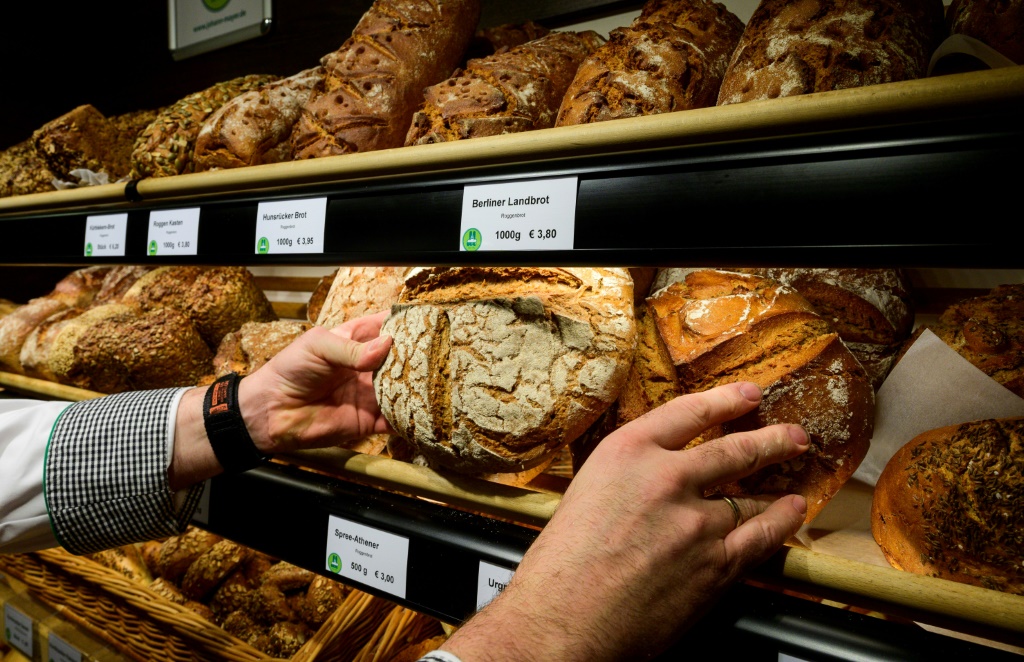German inflation drops on gas bill subsidy

Source: AFP
PAY ATTENTION: Enjoy reading our stories? Join YEN.com.gh's Telegram channel for more!
German inflation eased in December for a second straight month, preliminary data showed Tuesday, as government interventions helped bring down energy prices.
Consumer prices in Europe's top economy rose 8.6 percent year-on-year, down from 10 percent in November, federal statistics agency Destatis said.
The drop, which was bigger than analysts had expected, brings the inflation rate in Germany back to single digits for the first time since August.
The sharp slowdown was partly thanks to a one-off subsidy from the German government covering the December gas bill for households and businesses, Destatis said in a statement.
"Due to the December immediate assistance, among other things, the inflation rate was significantly lower than in the previous months," it said.
For the whole of 2022, German consumer price growth reached 7.9 percent -- the highest on record in post-WWII Germany.
PAY ATTENTION: Сheck out news that is picked exactly for YOU ➡️ find “Recommended for you” block on the home page and enjoy!
As in other countries across Europe, Germany's jump in consumer prices has been fuelled by Russia's war in Ukraine which has pushed up energy and food prices.
Even though the December inflation rate brings some respite, prices remain "unacceptably high", said LBBW economist Jens-Oliver Niklasch.
And while hopes are growing that Germany has reached peak inflation, government subsidies "can't be a permanent answer to price pressures", he added.
"The fight against inflation that began last year remains a marathon, not a sprint," he said.
First LNG shipment
The German government has rolled out a 200-billion-euro ($211-billion) support package to shield citizens from energy price shocks, including caps on gas and electricity bills throughout 2023.
The country, which was heavily reliant on Russian gas before the invasion of Ukraine, has also raced to diversify energy supplies.
Chancellor Olaf Scholz last month inaugurated Germany's first floating LNG terminal in the North Sea port of Wilhelmshaven.
The terminal received its first shipment of liquefied natural gas on Tuesday with the arrival of a tanker from the US state of Louisiana, operator Uniper said in a statement.
The ship carried enough gas to supply 50,000 households with energy for a year, it added.
A recent bout of mild winter weather has further boosted Germany's efforts to conserve gas, easing fears of shortages.
The country's federal network agency said better-than-expected temperatures in late December had helped keep gas storage levels at around 90 percent.
Germany's inflation slowdown will be closely watched by the European Central Bank, which has sought to rein in soaring prices with a series of aggressive interest rate hikes.
Eurozone inflation is currently running at around 10 percent, five times the ECB's target.
ECB president Christine Lagarde recently said the bank "will succeed" in bringing inflation back down to two percent, setting the stage for further interest rate rises in 2023.
New feature: Сheck out news that is picked for YOU ➡️ find “Recommended for you” block on the home page and enjoy!
Source: AFP


